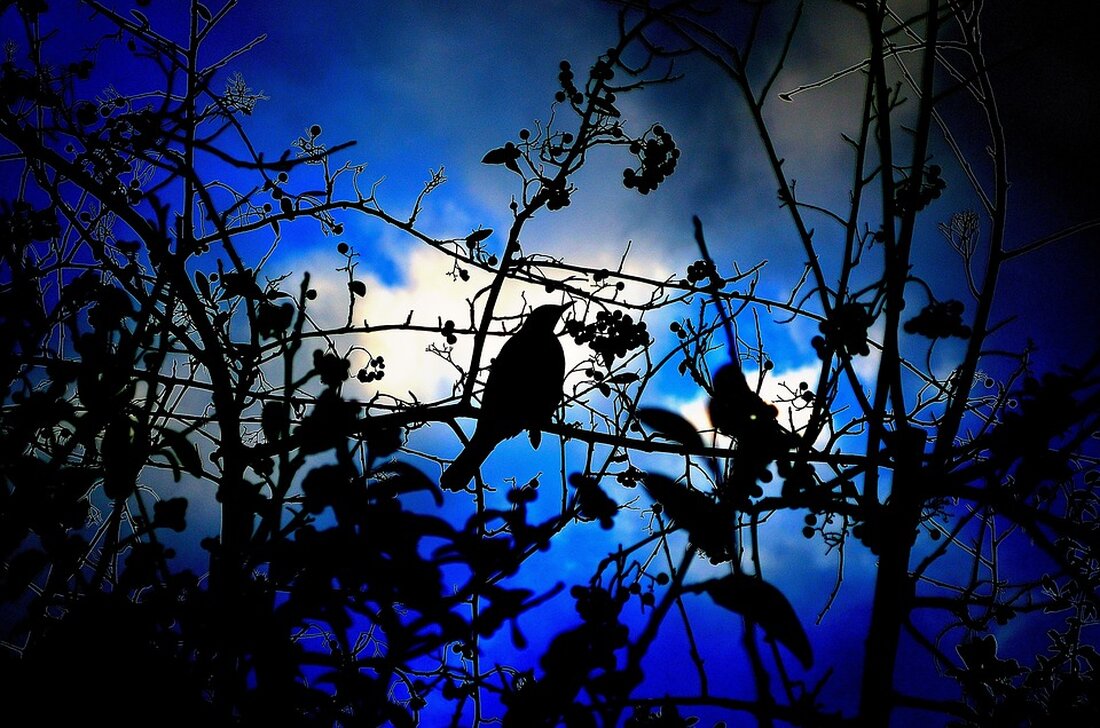Winter depression in Vienna: lack of light and its effects on the psyche
Winter depression in Vienna: lack of light and its effects on the psyche
When the cold season is approaching and the days are getting shorter, many people report a noticeable low in mood. This can be observed in Vienna, where the Vienna University Clinic founded a special outpatient clinic to help people with winter depression. Dietmar Winkler, an experienced specialist in psychiatry, has headed this facility since 1999 and currently sees an increase in patients.
Similar to earlier years, an estimated two percent of the Austrian population fight with depressive symptoms during the autumn and winter months. The main problem is the lack of natural light that prevails this season. According to Winkler, those affected often feel without drive, have an increased need for sleep and experience an increasingly depressed mood.The symptoms of winter depression
Winter depression can cause several symptoms. In addition to the typical depressed mood, there are many sick tired and have difficulty fighting out of bed. Around 75 percent of patients report a significantly increased need for sleep. In addition, it is not uncommon for you to gain weight, often between five and ten kilos, during the dark months, which is due to increased appetite.
Winkler emphasizes that adults in particular are affected in employment and that women develop winter depression three times more often than men. These differences may also be due to the fact that women react more sensitive to mood swings.
causes and recommendations
The main cause of these diseases is the lack of light that occurs in most regions in the cold season. The sparse daylight has an impact on general well -being. The symptoms usually start in October and can last until February or March when the sun shines again and the days are getting longer.
In order to counter winter depression, Winkler recommends going to the fresh air regularly. It is particularly helpful to spend the lunch break outdoors to use the few sun rays. If you can afford it, you should plan a short vacation in warmer regions. For people who do not have these options, light therapy with special lamps that handle light light can be helpful.
In addition, Winkler is currently researching the effect of omega-3 fatty acids as a supplementary form of treatment for winter depression. These could possibly have a positive impact on the mood of those affected. Interested parties are asked to report to him for a study that he is currently carrying out. Contact information for the participation in study are available by email at jakob.donath@meduniwien.ac.at or by phone at 01/40 400 35 470.
With the increase in patients in the specialized outpatient clinic, it becomes clear that winter depression is a serious appearance and is necessary to help those affected. During this time, the importance of light therapy measures is increasing, and many affected people are looking for effective solutions to better get through the dark season.
For more information on this topic and the symptoms of winter depression, See the article on www.meinbeinbezirk.at .


Kommentare (0)